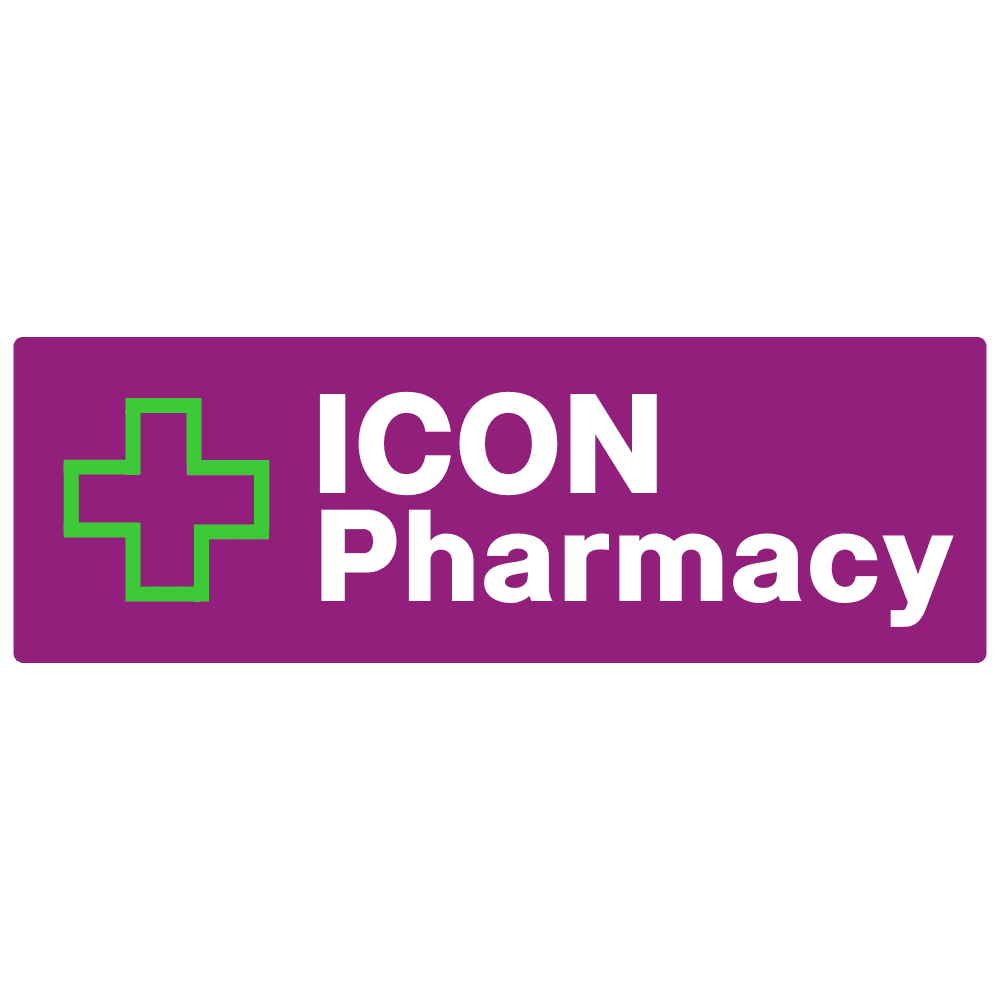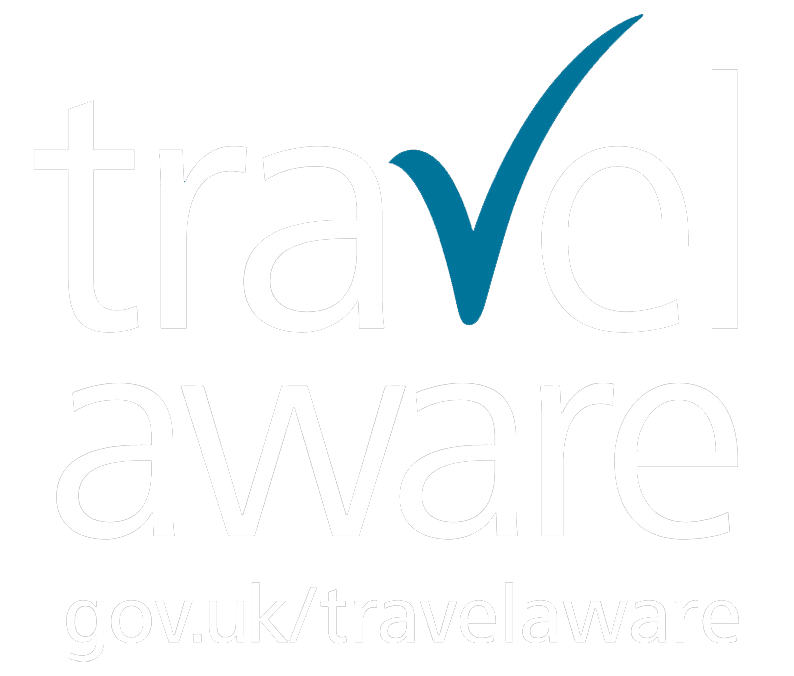Dengue Fever
Dengue fever is a mosquito-borne virus common in tropical regions. The mosquitoes thrive in urban areas, especially near standing water.
Pricing:
£125 per dose
Dosage/Schedule:
2 Doses
How Is Dengue transmitted?
Dengue fever is mainly spread by Aedes mosquitoes, particularly Aedes aegypti and Aedes albopictus. These mosquitoes become carriers of the dengue virus when they bite an already infected person. The virus then replicates inside the mosquito, which can then transmit it to other individuals through its bites. It’s important to note that dengue fever is not directly contagious between people.
What Are the Symptoms of Dengue?
The symptoms of dengue fever typically appear 4 to 10 days after being bitten by an infected mosquito. The severity can range from mild to severe, and the infection can take different forms:
Mild Dengue Fever: Many people with dengue may experience mild symptoms or none at all. Common mild symptoms include fever, mild headache, and joint or muscle pain, often referred to as dengue fever.
Severe Dengue (Dengue Hemorrhagic Fever): In some cases, the illness progresses to severe dengue, which involves more intense symptoms such as high fever, severe headache, pain behind the eyes, joint and muscle pain, and a rash. Severe dengue can lead to life-threatening complications, including severe bleeding, organ failure, and shock.
Prompt medical care is crucial, as untreated severe dengue can be fatal. However, with proper treatment, the mortality rate can be reduced to less than 1%.
What is the Treatment for Dengue?
There is no specific antiviral treatment for dengue fever; instead, the focus is on supportive care to manage symptoms. Key aspects of treatment include:
Fluid Replacement: Staying hydrated is vital, as dengue can cause dehydration due to fever and vomiting. Rehydration through oral or intravenous fluids is essential.
Pain and Fever Management: Over-the-counter pain relievers like acetaminophen (paracetamol) can help reduce fever and alleviate pain. It's important to avoid NSAIDs such as aspirin or ibuprofen, as they can increase the risk of bleeding.
Medical Monitoring: If you suspect you have dengue fever, it’s crucial to seek medical attention. Doctors can monitor your condition and provide appropriate care.
How do I Prevent Dengue while on a trip?
Preventing dengue fever primarily involves controlling mosquito populations and protecting yourself from bites. Key prevention strategies include:
Mosquito Control: Eliminate breeding sites by removing standing water from containers such as flower pots, buckets, and tires. Use insecticides and mosquito nets in areas where Aedes mosquitoes are common.
Personal Protection: Wear long-sleeved clothing and use mosquito repellents to protect yourself from bites. Staying in air-conditioned or screened-in areas also reduces exposure to mosquitoes.
Travel Precautions: If traveling to regions where dengue is common, take extra precautions. Stay informed about local outbreaks and follow public health guidelines to minimize your risk. Book your free consultation as our Travel Clinic in Essex can help you with the preventive vaccine for Dengue.
FAQs
What is dengue fever?
Dengue fever is a viral illness transmitted by the bite of infected Aedes mosquitoes, particularly Aedes aegypti and Aedes albopictus. It's prevalent in tropical and subtropical regions and can range from mild flu-like symptoms to severe, life-threatening conditions.
How is dengue transmitted?
Dengue is primarily spread through the bite of an infected Aedes mosquito. These mosquitoes become carriers after biting a person already infected with the dengue virus. The virus then replicates inside the mosquito, which can transmit it to other individuals through subsequent bites. Importantly, dengue fever is not directly contagious between people.
What are the symptoms of dengue fever?
Symptoms typically appear 4 to 10 days after being bitten by an infected mosquito and can include:
High fever
Severe headache
Pain behind the eyes
Joint and muscle pain
Skin rash
Nausea and vomiting
In severe cases, known as dengue hemorrhagic fever, symptoms can escalate to severe bleeding, organ failure, and shock.
How is dengue fever diagnosed?
Diagnosis is typically made through a combination of clinical evaluation and laboratory tests. Blood tests can detect the presence of the dengue virus or antibodies produced in response to the infection.
What treatments are available for dengue fever?
There is no specific antiviral treatment for dengue fever. Management focuses on relieving symptoms:
Hydration: Maintaining fluid intake to prevent dehydration.
Pain and fever relief: Using acetaminophen (paracetamol) to reduce fever and alleviate pain. Avoid NSAIDs like aspirin or ibuprofen, as they can increase bleeding risk.
Medical monitoring: In severe cases, hospitalization may be required for close monitoring and supportive care.
How can I prevent dengue fever while travelling?
Preventive measures include:
Mosquito control: Eliminate standing water where mosquitoes breed.
Personal protection: Wear long-sleeved clothing and use mosquito repellents.
Accommodation precautions: Stay in air-conditioned or well-screened rooms.
Stay informed: Be aware of local dengue outbreaks and follow public health advice.
Is there a vaccine available for dengue fever?
Yes, there are vaccines available for dengue fever, such as Dengvaxia and Qdenga. However, their use is often limited to specific age groups and individuals who have had a prior dengue infection. It's essential to consult with a healthcare provider to determine eligibility and appropriateness.
Is dengue fever contagious from person to person?
No, dengue fever is not directly contagious between individuals. It requires transmission through the bite of an infected mosquito.
What should I do if I suspect I have dengue fever?
If you experience symptoms consistent with dengue fever, especially after traveling to or residing in an area with known outbreaks, seek medical attention promptly. Early diagnosis and supportive care are crucial to managing the illness effectively.
For personalized advice or to schedule a consultation, you can contact the Icon Travel Clinic directly through their website.





